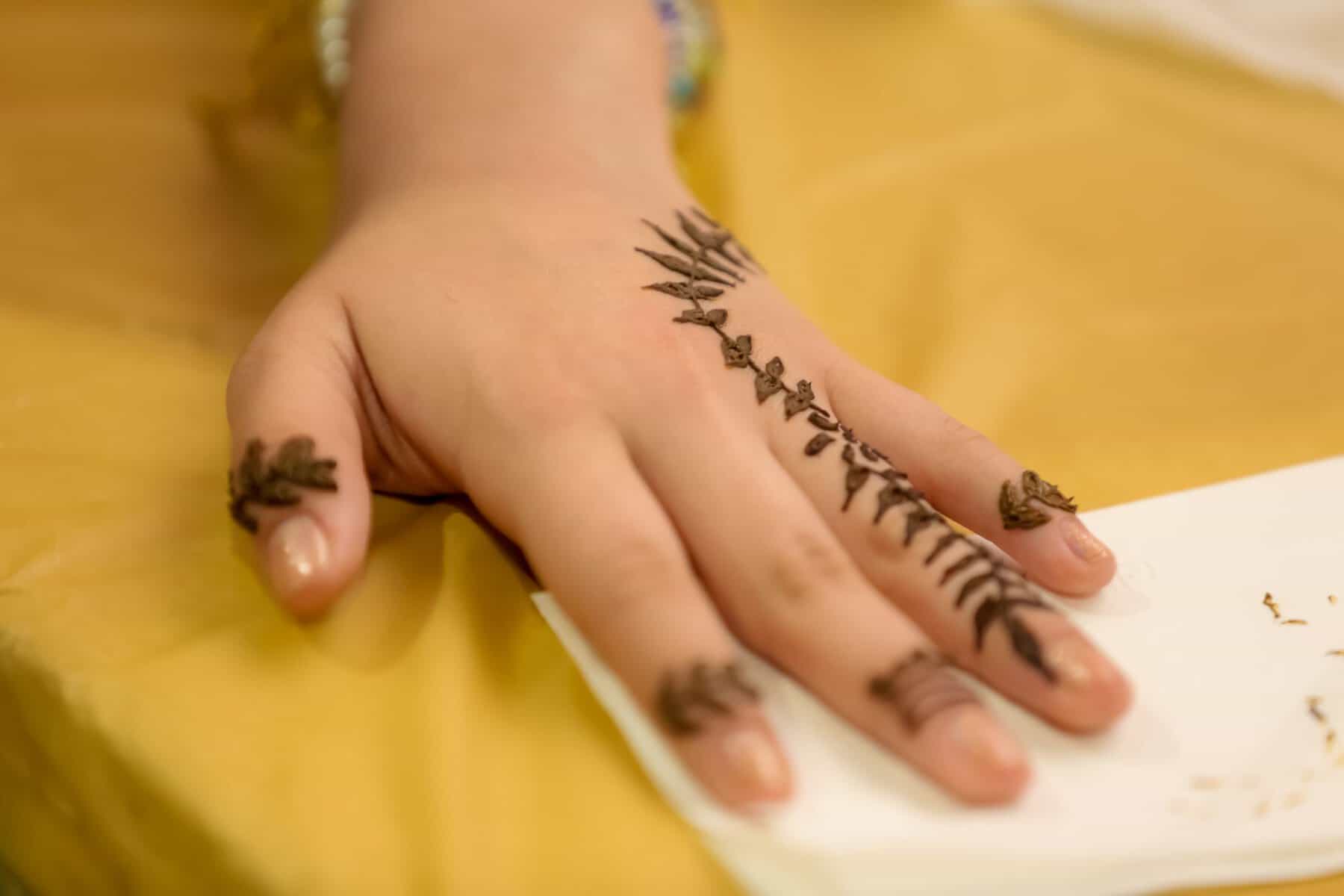In celebration of Ramadan, the Muslim Center of Middlesex County hosted the annual Interfaith Iftar Dinner with more than 300 attending.
“We were unable to host Iftars in the past two years due to the pandemic and were very excited to invite and host our guests again,” said Ahmed Iqbal, director of outreach for Muslim Center of Middlesex County (MCMC).
The dinner was held on April 11 with Piscataway Mayor Brian Wahler, members of the Piscataway Township Council, Middlesex County Sheriff Mildred Scott, Middlesex County Commissioner Chanelle McCullum, state Sen. Bob Smith (D-17), Piscataway Police Chief Thomas Mosier, members of the Piscataway School District and Board of Education, and representatives from the Governor Phil Murphy’s office and Homeland Security.
In addition, the dinner hosted different faith leaders and their congregations.
Iqbal moderated the evening. Imam Raouf Zaman, the Imam of the center welcomed everyone.
“Ramadan is a time to lift ourselves up spiritually,” Zaman said. “One of the ways of building spirituality is by interacting nicely with others and understanding we have responsibilities towards other beings. ”
Mufti Niaz Hannan, youth director of the center, gave an informative presentation about Ramadan.
“Ramadan is the ninth month of the Islamic lunar calendar,” Hannan said. “Muslims believe the beginning of the revelation of the Qur’an to the Prophet Muhammad, peace be upon him, occurred during this month. The actual night the Quran was first revealed is known as Lailat al Qadr, The Night of Power
“In Ramadan, Muslims are encouraged to increase in prayer, worship, charity and good deeds. They are also highly recommended to decrease in laziness, arguments and any un-productive activities.”
The word Ramadan is an Arabic word which classically means “intense heat,” he said.
Ramadan began on April 2 and ended on May 1.
Sister Sumara Khan, the co-founder of the Qur’an Literacy Institute, presented a talk on “Fasting in a Culture of Consumption.”
“Fasting has the potential to increase our efficiency,” she said. “Fasting forces us to limit consumption and with that limit distractions. The culture of consumption is a never ending cycle and it has become normalized. The research shows that intermittent fasting improves memory, executive function and overall cognition. It allows us to think more clearly.
“Fasting is a great tool of self-control and discipline that gives mastery over the self, resulting in a more focused, productive and potentially unstoppable individual who is aware of their higher purpose,” she said.
Young high schoolers from the center’s school conducted an entertaining game, quizzing the attendees about Ramadan.
This was followed by an interactive question and answer session with the Imams and presenters. More than 60 attendees participated in the session.
At sunset, coinciding with the call to prayer guests broke the fast with dates and a special drink – milk and sweet rose water – along with the Muslim congregation. It was followed by an observation of the Maghrib (sunset) prayer. Guests then enjoyed a dinner of Afghan cuisine comprised of kebabs, falafel, hummus, pulao, eggplant banjan and rice pudding for dessert.
Interested guests also received a guided tour of the mosque and prayer space.
The event also featured a Hijab Try-On booth with beautiful hijabs that the ladies in attendance were invited to try on and take home, Iqbal said.
There was also a henna tattoo and a custom Arabic calligraphy booth.
Established in 1986, the Muslim Center of Middlesex County in Piscataway is one of the oldest and largest mosques in Central New Jersey. To learn more about the center or its community service programs, email [email protected]

